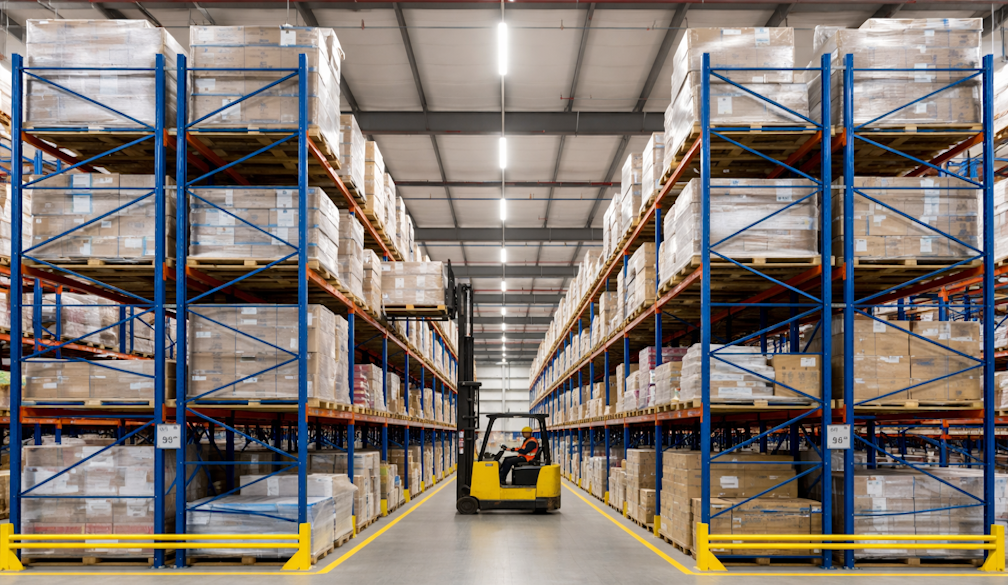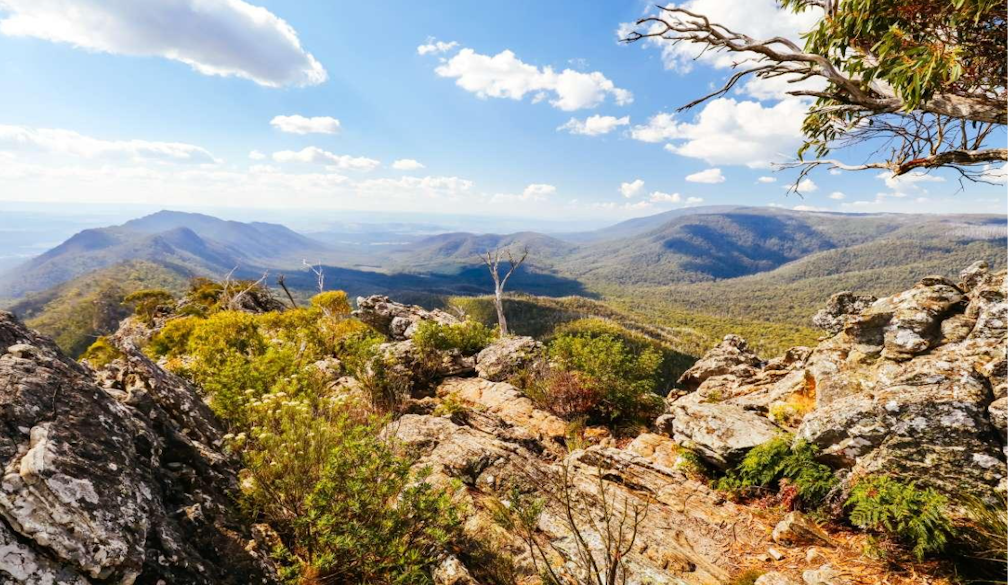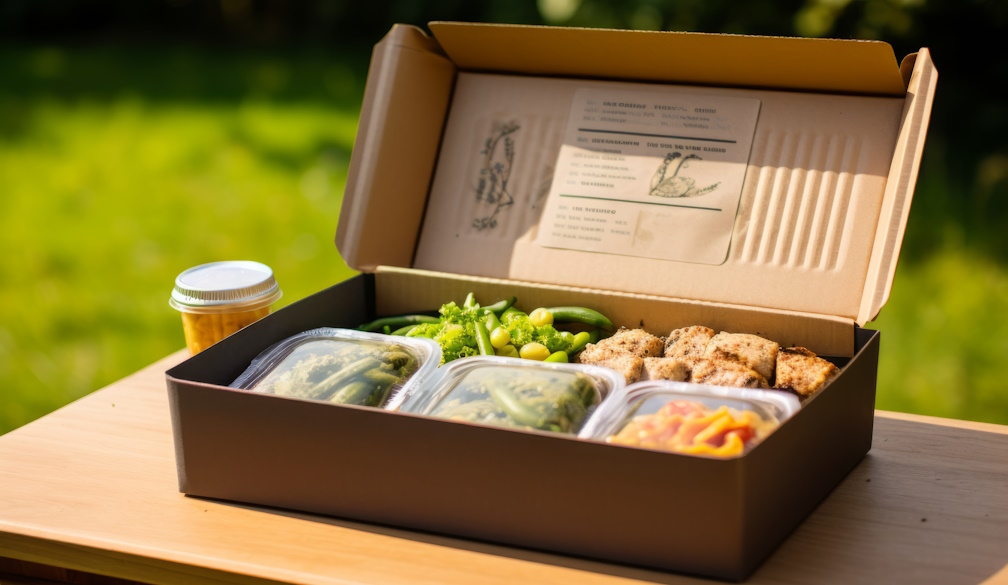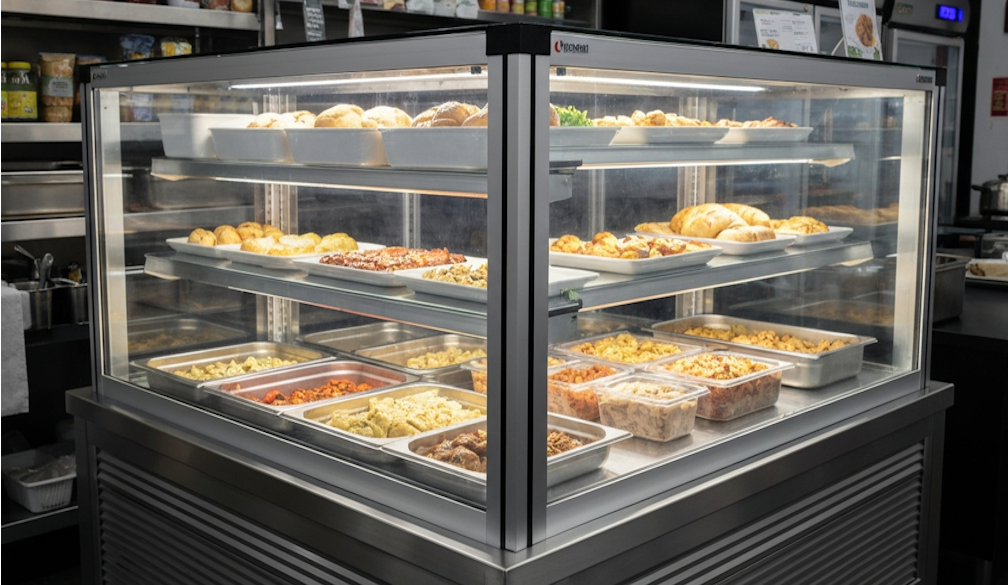Climate explained: how climate change will affect food production and security
- Written by Julian Heyes, Head of School of Food and Advanced Technology@ISHS_CMFV, Massey University
Climate Explained is a collaboration between The Conversation, Stuff and the New Zealand Science Media Centre to answer your questions about climate change.
If you have a question you’d like an expert to answer, please send it to climate.change@stuff.co.nz
According to the United Nations, food shortages are a threat due to climate change. Are food shortages a major threat to New Zealand due to climate change?
Climate change is altering conditions that sustain food production, with cascading consequences for food security and global economies. Recent research evaluated the simultaneous impacts of climate change on agriculture and marine fisheries globally.
Modelling of those impacts under a business-as-usual carbon emission scenario suggested about 90% of the world’s population – most of whom live in the least developed countries – will experience reductions in food production this century.
New Zealanders are fortunate to live in a part of the world blessed with relatively fertile soils, adequate water supplies and mild temperatures. This gives us a comparative advantage for agriculture and horticulture over many other countries, including our main trading partner, Australia.
New Zealand produces more than enough food for its population. Exports exceed local consumption, and climate-change induced food shortages should not be an imminent risk for New Zealand. But behind every general statement like this lies some rather more troubling detail.
Read more: Feeding the world: archaeology can help us learn from history to build a sustainable future for food
Overcoming domestic challenges
As residents of a developed country, we are accustomed to accessing the world’s resources through supermarkets. New Zealanders take for granted that most foods (even those we do not produce, like rice or bananas) will be available all year round.
Asparagus, new potatoes and strawberries are examples of foods New Zealanders may expect to see only at particular times of the year, but if apples or kiwifruit are out of stock, people usually complain. Our expectations are based on imports of products when they are out of season in New Zealand. The availability of those imports may be seriously compromised by climate change.
A recent Ministry for the Environment report describes climate impacts, including detailed projections of the average temperature increase and changes in rainfall patterns across New Zealand. The consistent trends are towards wetter conditions in the west, drier in the east and the largest average temperature rises in the north.
Implications for agriculture are manifold. For example, many temperate crops require cool autumn or winter temperatures to initiate flowering or fruit ripening. Orchards may need to be relocated further south, or novel low-chill varieties may need to be bred, as is already happening around the world.
Read more: Climate explained: regenerative farming can help grow food with less impact
Insect pests and diseases are normally controlled by our low winter temperatures, but they may become more of a problem in the future. Introduced pests and diseases include fruit flies that have a major impact in Australia and other more tropical countries, but struggle to establish breeding colonies in New Zealand. Strong biosecurity controls are our best bet for reducing this risk.
What matters more than the gradual increase in temperature predicted by climate change models, is the greater frequency of extreme weather events. These include droughts, floods and hail, which can lead to total crop losses in particular regions. One obvious mitigation strategy is to expand the provision of irrigation in our drier eastern regions, but concerns over water quality in our rivers mean this is not a popular option with the public – for example on the Heretaunga Plains or in Canterbury.
Risks to imported products
New Zealand is a net exporter of dairy, beef, lamb and many fruit and vegetables, but for some products, we depend heavily on imports. Figures from the US Department of Agriculture are not perfect, but they highlight trade imbalances for major commodities.
New Zealand imports all rice and most of its wheat. It is a net importer of pork products. Horticultural data released annually in Fresh Facts show New Zealand’s major horticultural imports are (in order of value) wine, nuts, processed vegetables, coffee, bananas and table grapes. These imported products come primarily from Australia, China, the US and Ecuador – all countries that may be less resilient to climate change than New Zealand.
As a recent report by the UN Food and Agriculture Organisation (FAO) explains, rising temperatures, rising seas and the increasing frequency of adverse weather events will interact to reduce agricultural and horticultural productivity in many regions around the world. While New Zealand is unlikely to experience food shortages in the near future as a direct result of climate change, the price and availability of imported products may increase significantly.
Read more: Feeding cities in the 21st century: why urban-fringe farming is vital for food resilience
Food poverty
Unfortunately, there is another important consideration. Some New Zealanders already experience food insecurity. The 2008/9 Adult Nutrition Survey found 14% of New Zealand households reported running out of food often or sometimes due to lack of money.
Perhaps rather than worrying about the future impact of climate change on the price or availability of imported rice or bananas, we should be paying more attention to this social inequity.
As a wealthy agricultural nation and a net exporter of food, it does not seem right that one sector of our society is already regularly experiencing food shortages.
Prof Julian Heyes is employed by Massey University and has received MBIE funding for research that supports horticultural export industries. He also acts as an NZ Aid consultant supporting horticultural development in North Lombok, Indonesia. He is a Life Member of the New Zealand Society of Plant Biologists and Vice President ot the New Zealand Institute for Agricultural and Horticultural Science, a professional body that supports agricultural and horticultural scientists.
Authors: Julian Heyes, Head of School of Food and Advanced Technology@ISHS_CMFV, Massey University





















